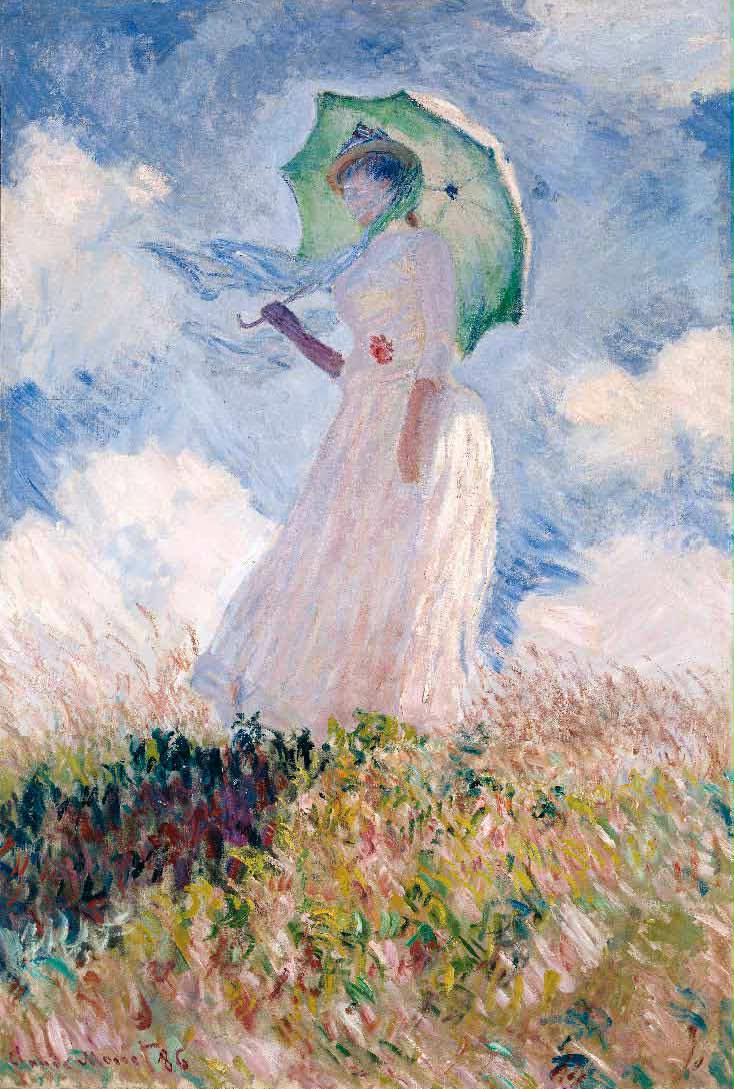“Freedom is the will to be responsible for ourselves.”
But was Nouhe responsible for herself, or was it up to her dad to draw the line of her life?
Nouhe Bchiny, the 19 years old Tunisian girl who was held up against her will in a mental hospital by her own father, her admission was not what caused the controversy all over Facebook, it was the reasons behind it.
What really went on with Nouhe Bchiny?
Not all of us have the answer to this question and unless we lived what she has been through, we could never be certain of what happened. What was really interesting about her story was people’s opinions.
Atheism is still perceived as an abomination by most Tunisian people due to the low level of tolerance, so what happens when someone sheds light on that issue? Nouhe claims to be an atheist and quite a rebellious teen. She also claims that her father has locked her away in a mental asylum due to those matters. The dissemination of Nouhe’s problem shed a strong light on one of our society’s biggest taboos: religion. A lot of people suspect that the story of Nouhe is filled with lies due to the fact that El Razzi mental hospital only admits mentally ill people who have been approved by more than one psychologist and were deemed unstable. However, when the topic is sensitive, it spreads fast and a lie can be easily told. Nonetheless, the message was powerful enough to show us the depth of the rejection people may go through just for expressing their differences.
We can all agree that the main religion in Tunisia is Islam, what could cause someone who lives in an Islamic society to lose faith and became an atheist?
It often is assumed that belief in God, or lack thereof, is based upon intellectual reasoning and making a choice. However, most people’s choice of religious belief is driven by other factors; environmental or social, as well as the influence of negative feelings such as experiences of mistrust, disappointment, alienation, etc that are focused on God. It is highly likely that Nouhe was troubled and wanted to rebel against everything she lived in and every statute she was forced to live by, but was her self-expression too forward? There is no proof whatsoever that Nouhe has ever hurt anyone, she simply sought to extend her reach behind the fine line of freedom that society drew and forbade us to cross. Some see this troubled young girl as an oasis in a wasteland, a hope that our society might actually accept the peculiar part of it, the compassion she received is a great sign of that.
The country of freedom?
What happens when one expresses something odd? Something different? Is it religion that puts limits on our freedom?
It’s not religion, it’s not the country, it’s the people. People who refuse anything out of the ordinary and who want nothing but consistency, thinking it will keep them safe. The solace she received is a hope that our society is changing and that one day that fine line will be redrawn but the rejection is a sign that there is still a lot to be done to instill a sense of tolerance in the people of our country.
This trend has shown us some part of Tunisia that we do not know, but what about the parts that we already know? People are living greater and worse problems than what is going on with this young girl, yet we tend to focus on what scares us and we forget about others who suffer. We must listen everywhere, not only to what draws our attention.
Written by Dorsaf Tlili




Share your thoughts